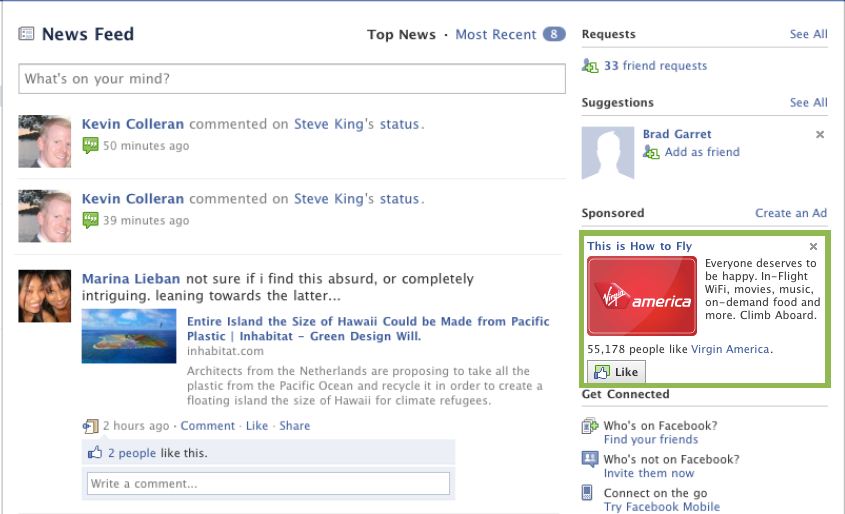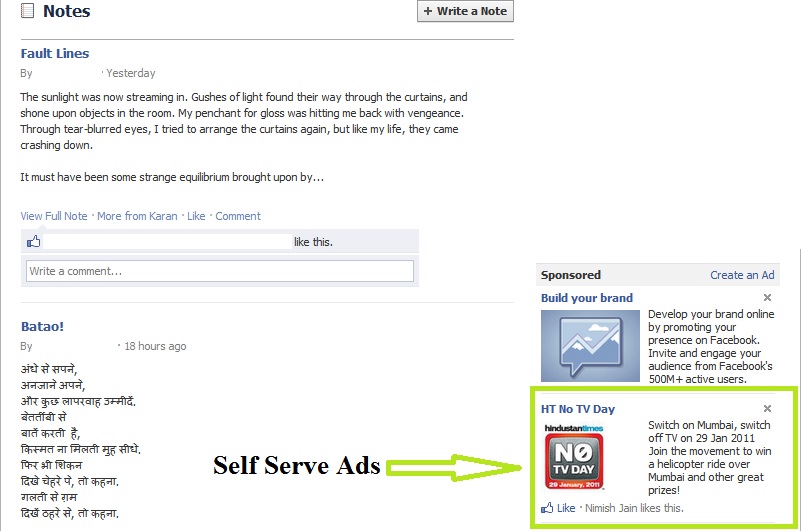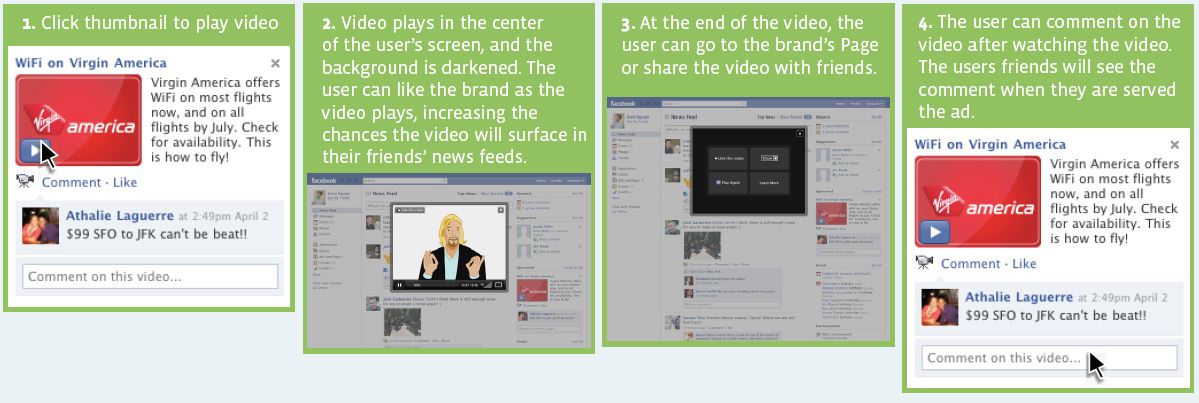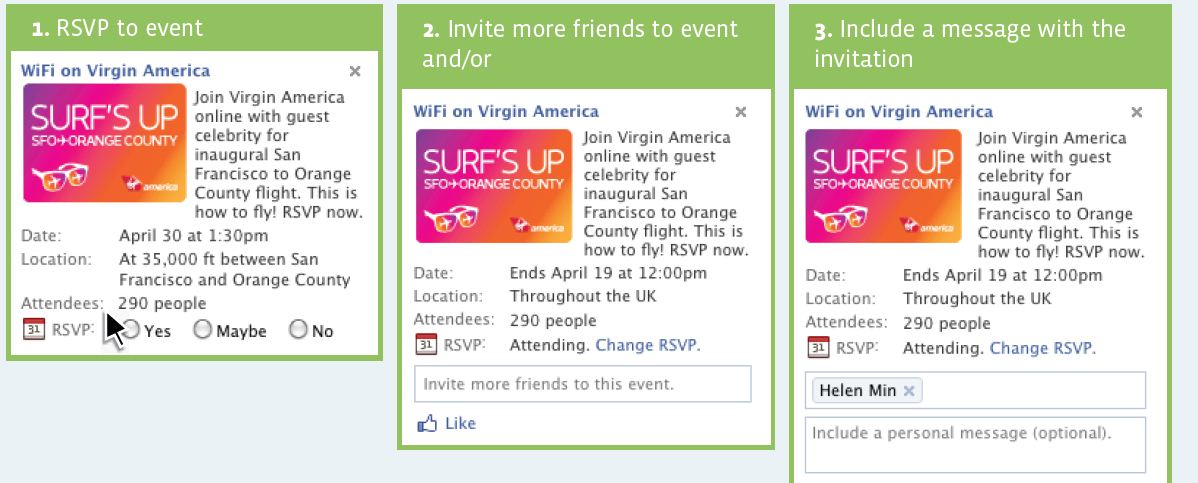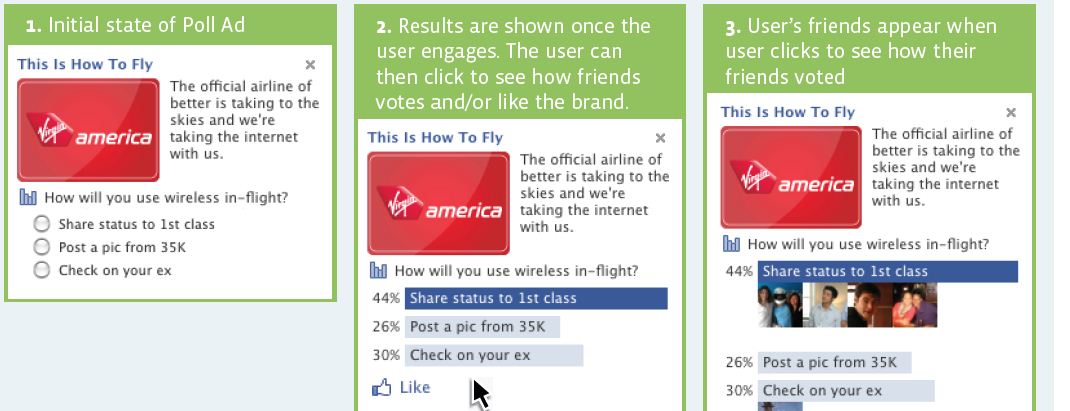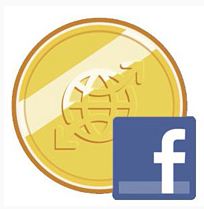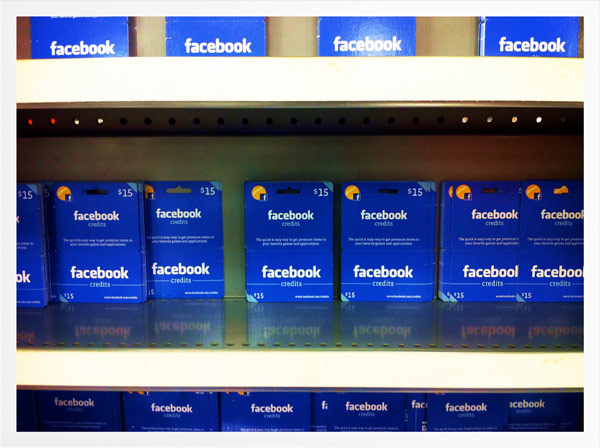Looking to make your Facebook promotions more effective? Facebook advertising, thanks to its highly targeted nature, can be one of the most effective ways for you to kick-start your promotion and ensure its success. In a recent survey, it has been found that Facebook Advertisement is the number one way of informing potential fans about your page and promotions running on your page.
What it holds?
Facebook advertising is still a relatively new offering and marketers are just beginning to understand how to use these advertisements most effectively. Like any other advertising, Facebook ads also target people in order to get them to react to the communication and visit the brand’s Facebook page. Where Facebook ads score above the other form of advertising is that it is more personal, more flexible and almost always comes with a friend’s recommendation.
Why Facebook Ads should be used?
Facebook is about relationship marketing, not direct sales. Facebook Ads can help transform existing advertising into messages that are tailored to the individual user based on how their friends interact and affiliate with the brands, music artists, and businesses they care about.
More importantly, Facebook Ads give the brand a borrowed voice of a friend which can help build a long lasting relationship for the brand.
Where You Find them?
When users log on to Facebook for the first time in a while, they will see the most important stories that they missed while they were away. This is where Engagement ads are posted and get the maximum eyeballs since there is no other ad on the page.
Engagement ads
Engagement ads are above-the-fold home page ads that integrate naturally within the user’s experience. Engagement ads appear in the right-hand column and can generate social stories in Feed. The ads allow your brand to share and connect with users on the home page. These ads are generally floated by a Facebook Media Buying agency.
Since there is a premium attached to these ads, a lot of smaller organizations opt for self serve ads.
Rest-of-site Ad/ Self Serve Ads
Facebook rest-of-site ads appear throughout the site, but not on the home page. Facebook rest-of-site ads for Pages and Events allow users to engage with ads in the same way they interact with other content on Facebook without leaving the page they’re viewing. Actions taken within the ad can generate organic stories in friends’ home pages. These ads can be developed and posted by anyone.
How they look?
The Facebook Ads give the advertiser the options of generating different types of ads based on the feature integrated in the ads.
Video Comment Engagement Ad
Watch video and comment. The ad unit allows users to leave inline comments on the video without leaving the home page. What’s more, users can also like the brand inline, without interrupting the video.
Event Engagement Ad
RSVP and invite others to join. The ad unit expands to invite friends to the event when one of the 3 RSVP options are selected. Friends who are attending the event are listed within the ad unit, as well as the total number of Facebook attendees. This increases the trust and likelihood of the user to engage in the ad. The act of RSVP-ing to the event is public and may appear in friends’ home pages. After RSVP-ing to the event, the user has the option to like the brand.*
Like Engagement Ad
If the user’s friends already like the brand, the ad unit provides relevant social context. This endorsement increases both the user’s trust in the brand and the likelihood that the user will engage with the ad unit and like the brand themselves. If none of the user’s friends currently like the brand, the ad unit displays the total number of people who like the brand at that time.
Poll Engagement Ad
Answer a poll and see how others voted. The ad unit asks a question with 2 or 3 responses. When the user selects a response, the poll results appear. These results reflect the answers of all Facebook users who have answered the poll. The user can also click to see how their friends voted or like the brand.*
Facebook’s Ad revenue hit $1.86B in 2010. Worldwide spending on social networks is expected to rise 71.6% in year 2011 to $5.97 billion, of which $4 billion will be spent just on Facebook Ads!!! This surely is a very potent medium which has great scope of growing to one of the biggest medium.


